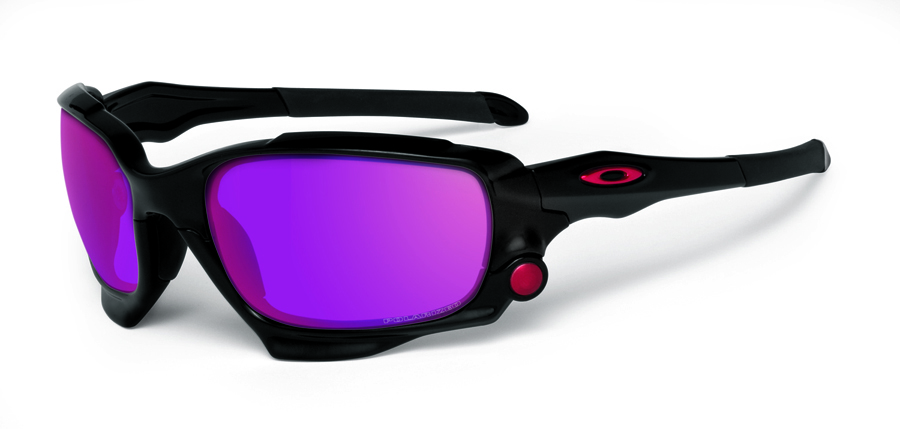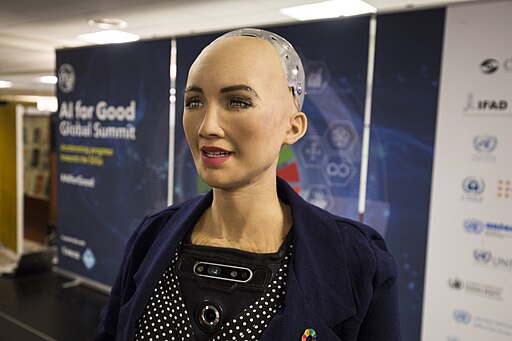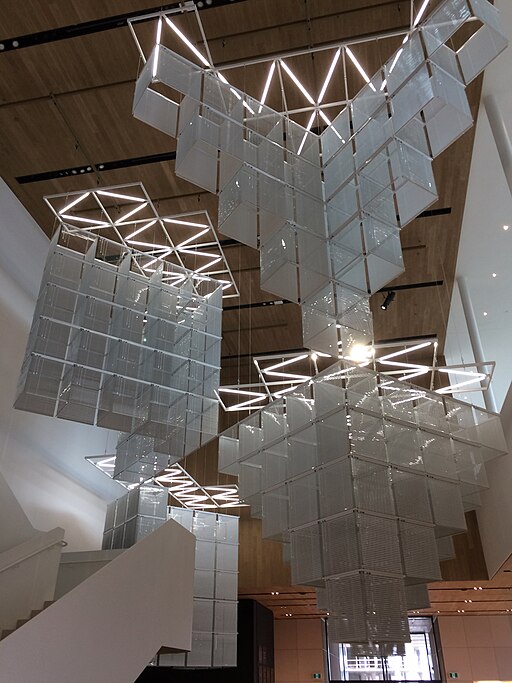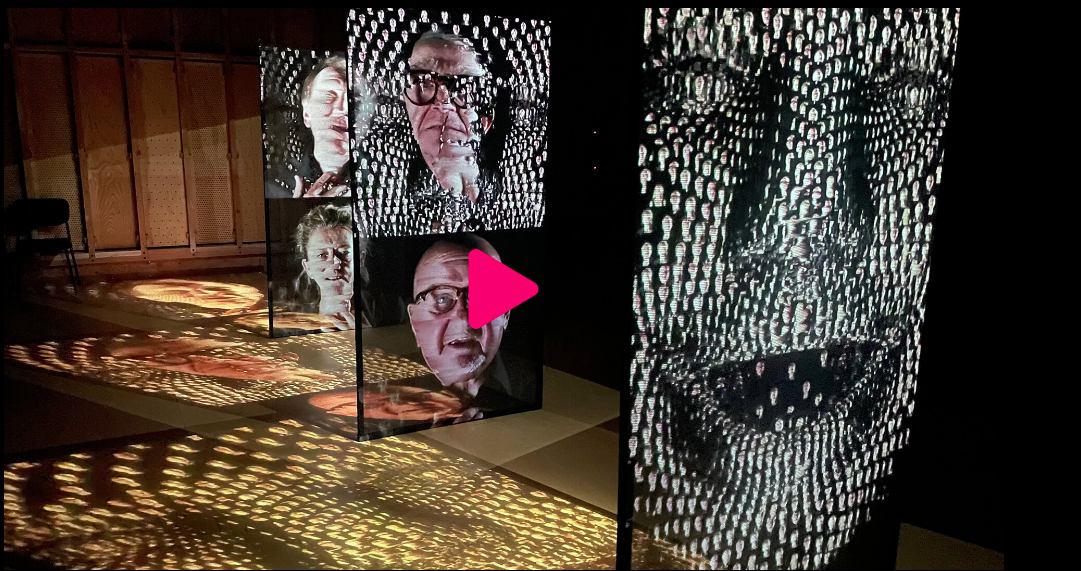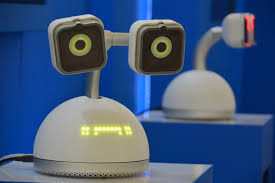Details of some past cereproc projects of note. We have had the privilege of working with some amazing companies and creating some truly innovative systems over the years.
Copyright (c) 2025, Matthew P. Aylett; all rights reserved.
Template by Bootstrapious. Ported to Hugo by DevCows.





